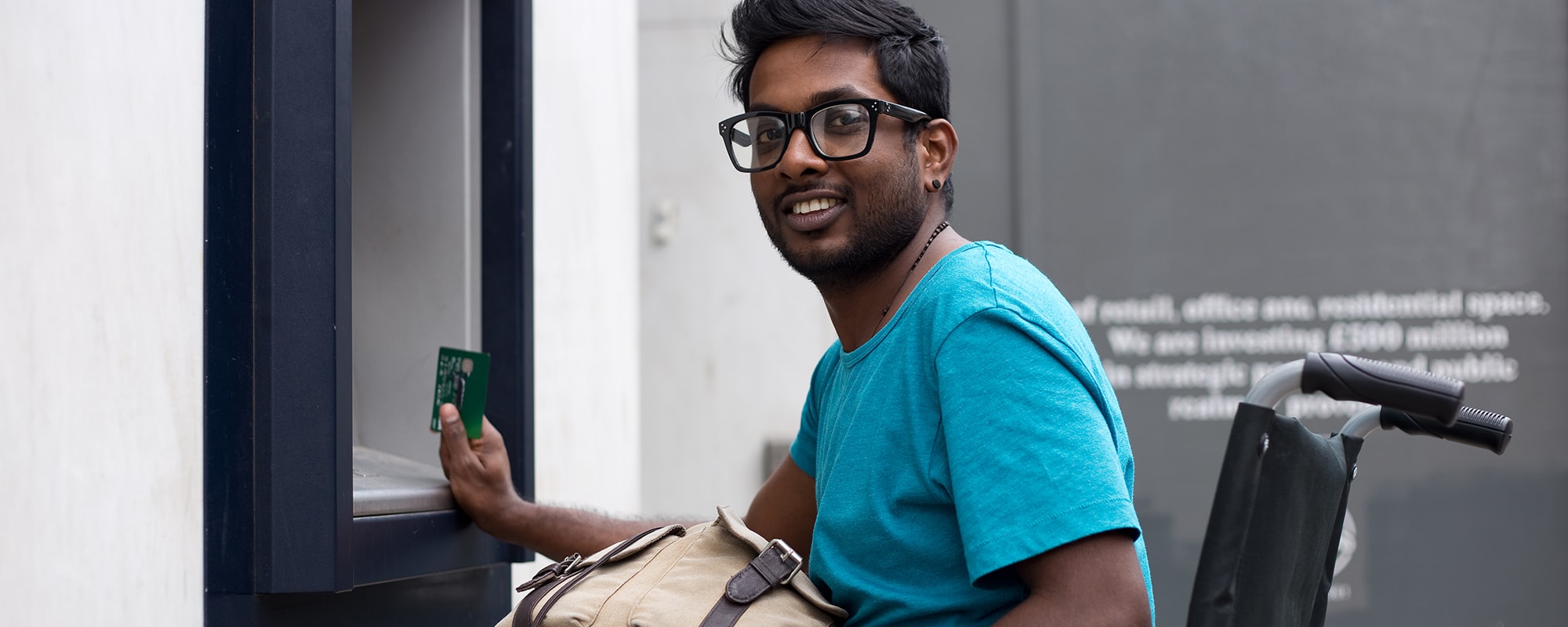HOW INCLUDING REFUGEES CAN BENEFIT BUSINESS DURING A WAR

The war in Ukraine, leading to over 4 million Ukrainian refugees in Europe and elsewhere has revived a major global conversation about the inclusion of refugees in other societies and businesses.
This issue has come up many times in recent years, but refugees from Syria, Afghanistan, Lebanon, Palestine and Iraq never received the caring reception and attention that Ukrainians are receiving today. International media have pointed out numerous times that the humanitarian issues arising from the war in Ukraine are being given preference by Europeans compared to those previous refugee crises. Despite the fact that the impact of the war in Ukraine on global security is clearly unprecedented, many journalists claim that the preferential treatment of Ukrainians is based in racial and ethnic bias.
Certainly, humanity for all should prevail, although there are other factors that also make the current situation different. This should push to the global business community to look into the question of refugee inclusion more thoughtfully. Hopefully, such widespread attention will affect all refugees equally, regardless of nationality or race.
At first glance, many politicians, economists and ordinary people see the influx of foreign refugees as creating a whole set of problems for the local economy: costs affecting central and local budgets, social pressure on local residents, as well as the inevitable risk of crime and social tension.
Indeed, refugees coming into a new country typically don't speak the local language well enough to become qualified employees in most fields. Often, they even lack the basic skills to fill in local job market gaps.
However, business and government decision-makers often forget that, in addition to matching existing economic opportunities, refugees can help generate new clusters, new jobs and additional purchasing power. When businesses begin to think more creatively about refugee inclusion, they can be the drivers of such new clusters.
Benefiting from a new customer base
First of all, an influx of refugees brings additional demand for basic goods and services like food, consumer goods, housing, banking and money transfer services, just to name a few. This demand varies with the specific group and its origins, and it can be quite different from what domestic consumers typically require.
A few recent examples illustrate this. Vodafone Germany decided to distribute SIM cards with a free internet package for a month to Ukrainians in the country’s main railways stations. In Slovakia, Orange announced a similar move and many European telecom operators are likely to follow suit. Slovenska Sporitelna (Erste Bank) recently started opening accounts for Ukrainians free of service charges for one year, allowing refugees in Slovakia to send money to and from Ukraine, while Tatra Banka has announced local currency exchange into Ukrainian hryvnia, which was not previously available.
Refugees also represent a new wave of customers generating extra demand for personal services such as delivery, taxi, community services, inexpensive eateries, barbers and beauty salons, car repairs and much more.
Only a tiny fraction of refugees are likely to be customers for luxury goods, but even in that segment there is some potential. Not all refugees are poor by definition, given that many have lost their homes by bombing and shelling, but still have some savings in their bank accounts. In many cases, refugees are eligible for financial support from the local government and humanitarian organizations. This provides a monetary base for them to spend on basic goods and services.
In short, overlooking refugee inclusion is not a far-sighted decision for a business. There are several ways that a business can include refugees by taking advantage of their purchasing power externally or by hiring them internally as employees of subcontractors.
For external engagement, many local companies big or small have can attract refugees as a new dedicated customer group. For example, online and offline services can use the language of the refugees to provide new versions of their websites, special offers or new dishes in local shops and restaurants, and match the traditional consumption habits of their country of origin. As most goods and services are in highly competitive markets, adopting products for the refugee community is a must to win over these new customers.
Investing in engagement
In addition to commercial engagement, companies can also donate and help refugee communities through charitable activities. By spending money on refugee needs, they can take advantage of their network and mobilize existing, non-refugee customers to step in and help, without spending significant funds of their own. By doing this, they can also win additional loyalty from the refugee community and locals who sympathize with them, leading to even more customers.
For all kinds of digital service and community service apps, obviously a new language version for refugees should be set up, encouraging them to use such services with special starter coupons, discounts and offers.
Just recently Booking.com announced special discounts for Ukrainians booking hotels and apartments, while Wizzair, one of the biggest low-cost carriers in Eastern Europe offered 100,000 free tickets for Ukrainians flying from Poland, Slovakia, Hungary, or Romania.
Bridging gaps
Most external engagements and support programs obviously require additional internal human resources. This is where refugees who speak the language, know the traditions, problems and pains of their own communities can become ideal job candidates.
For a team of employees working on new, refugee-oriented projects, it is enough to have a team leader who speaks both the refugee language and that of the host country. The rest of the team, working under supervision, can report to this person in their own language.
To make refugee inclusion even more effective, the local business community can join forces and collect small donations from a large number of participating businesses to provide:
- childcare for potential and current employees, hiring teachers and nursery workers from the refugee community and setting up classes for refugee children in collaboration with local schools;
- health insurance for the elderly and people with disabilities, a move that could win considerable loyalty among local refugee communities;
- sponsorship of refugee community events, donation campaigns and humanitarian aid to their affected countries.
For instance, Job Aid Ukraine is a special website created for refugee jobs in Germany by a group of local businesses. Similar initiatives are now being established in Belgium, Poland, Slovakia and other countries.
It would be too idealistic to insist that hiring and caring for refugees always pays back. There are many special situations where hiring and offering such opportunities face barriers or require major expenses with no guarantee of quick returns.
For instance, sometimes small local markets cannot absorb all the incoming refugees and satisfy the demand or provide jobs and financial support for everyone who needs them. But no matter how hard the situation is, ignoring refugees without even thinking about what can be done or closing doors on refugees will only bring businesses more problems.
Responding to the numerous demands of our partners and community members, the Global Inclusion Online Forum, now in preparation for its third Annual Meeting in May 2022, has decided to add a special thematic section dedicated to refugee inclusion. A panel discussion with top global experts will be followed by several case studies on how to make refugee inclusion more practical and beneficial for both sides.
The war in Ukraine has pushed refugee inclusion to the top of the global list of DEI priorities for large and small businesses alike. We hope that the current crisis around Ukraine will bring more attention to all nationalities and will help businesses follow more unbiased and more practical approaches.

 Blind Hiring Summit: Embracing the New Age of HR
Blind Hiring Summit: Embracing the New Age of HR DEI Data Summit
DEI Data Summit Diversity Fatigue Summit
Diversity Fatigue Summit GIOF 2022 Annual Meeting
GIOF 2022 Annual Meeting Banking for everyone: Arising accessibility trends in banking and financial services
Banking for everyone: Arising accessibility trends in banking and financial services GIOF 2021
GIOF 2021 GIOF 2020
GIOF 2020